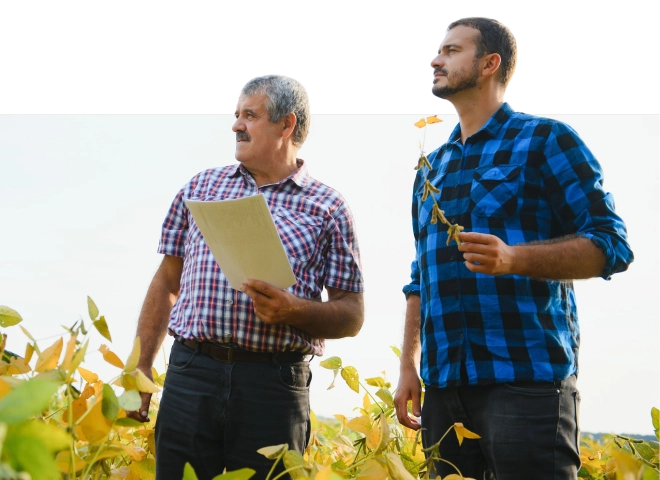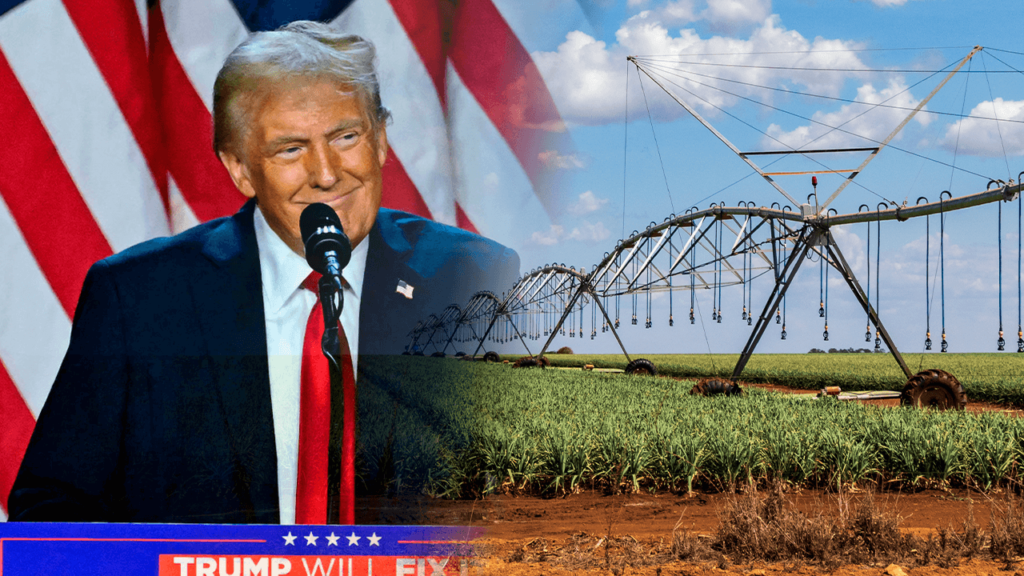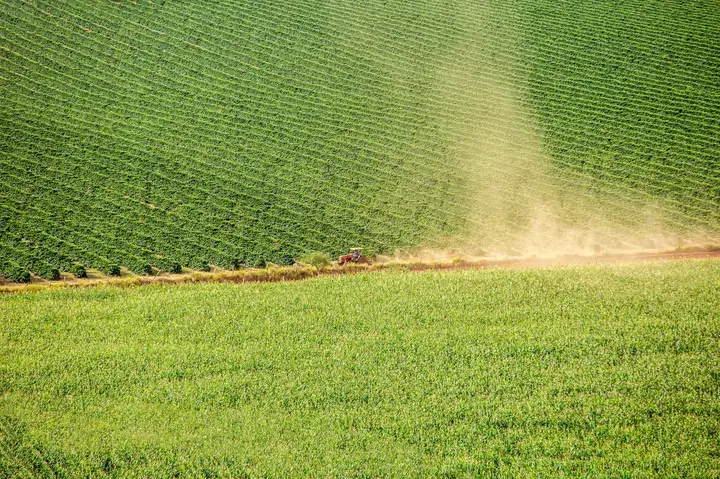From outdated license plates to environmental issues, understand the issues that can negatively impact the sale of a rural property.
Every landowner knows all the investment and history that goes into every hectare of their farm. However, when the time comes to sell it, challenges sometimes arise that go far beyond the productive issues of a rural property.
In this article, we have listed nine important factors that need to be considered carefully because of their potential to hinder the process of selling a farm and decrease its market value.
1. OUT-OF-DATE REGISTRATION
Problems with a farm’s registration may include incorrect data on the size of the property, outdated information on the owners or the absence of records of recent changes, such as improvements or subdivisions (dismemberments). Administrative changes, such as the creation of new municipalities or alterations to territorial boundaries, may also not be reflected in the registration.
In addition, Law 10.267/2001 requires rural properties to be geo-referenced, which means that failure to comply with this requirement can prevent the regularization and sale of the property.
These inconsistencies can cause blockages in the transfer of ownership by the notary’s office, generating significant delays in the sale process. In addition, the lack of accurate information can result in complex litigation, such as disputes between unknown heirs or creditors who have not been registered correctly, prolonging the negotiation and increasing legal costs.
2. TRESPASSING
Trespassing can result in significant risks for property owners, including usucaption, which allows property to be acquired in situations of prolonged and uninterrupted possession. In Brazil, the minimum time to claim usucapião is usually 5 years, but this can vary. To resolve this, it is possible to start a repossession process, but this can be time-consuming and costly.
An alternative to resolving invasions would be through informal agreements, which may seem like a quick fix, but carry risks of legal uncertainty. These agreements may not have a solid legal basis, creating future uncertainty and setting dangerous precedents that encourage new invasions.
3. UNAVAILABILITY
A farm is considered unavailable when it faces legal obstacles that prevent or hinder its sale. There are situations in which usufructuaries, for example, have the right to use the property, but not the right to sell it.
There are also cases of seizure, when the property is used as collateral to pay debts in legal proceedings, and fiduciary alienation, which binds the property to a loan, preventing its transfer until the debt is paid off.
These situations require complex legal and administrative solutions, which can delay the sale and increase costs for the seller.
4. CHAIN OF OWNERSHIP
Reconstructing the chain of ownership of a property is essential if it is to be sold. The process involves documenting the entire history of property transfers that the farm has had over the years, going back from its current situation to its original title, which transferred ownership from the state to private hands. If there are gaps or inconsistencies in the chain of ownership, legal issues can arise that complicate or delay the sale.
These flaws can raise doubts about the legitimacy of the title. In addition, reconstructing the chain of title can be a time-consuming process, requiring extensive dealings with notaries and the search for old and scattered documents.
5. GRILLING
Land grabbing, which involves falsifying documents to create fraudulent property titles, can result in lengthy legal proceedings and high legal costs, as it is necessary to prove the true ownership of the land. In addition, the presence of falsified documents creates uncertainty about the legitimacy of the property.
Land grabbing can also lead to land conflicts with squatters or individuals who believe they have rights to the land. These conflicts increase the risks and costs involved in the sale, requiring the intervention of legal experts and possibly years of litigation to fully resolve the situation.
6. OVERLAPPING
The overlapping of properties, where one property is registered over another, is a fairly common problem that can occur due to the self-declaratory nature of the Rural Environmental Registry (CAR), which does not serve to prove ownership. This situation can result in legal disputes and legal uncertainty.
In addition, the overlap can occur in preservation areas, limiting the use of the land and directly impacting its economic value. Although it can be mitigated by acquiring other properties with legal reserves, this is not a viable solution for all buyers.
7. ENVIRONMENTAL LIABILITIES
Environmental liabilities, which include obligations such as the regularization of legal reserve areas or fines, in Brazil are governed by the right propter rem, i.e. they are automatically transferred to new owners in the event of a sale.
These requirements can be a determining factor for buyers, who inherit the responsibilities of regularization. Such situations can involve significant costs and the need to comply with strict environmental requirements, influencing the purchase decision and the perceived value of the property.
8. PRICE INCOMPATIBLE WITH THE MARKET
Considering the qualities of a rural property, advertising its sale at a price far removed from those practiced by the market can turn off interested parties or result in lengthy and frustrating negotiations.
To determine a value that is in line with expectations, but also competitive, the best option is to rely on a well-founded valuation methodology. This methodology, offered by specialized professionals, will take into account factors such as location, size, land use, market conditions and other relevant aspects.
9. COMMERCIAL STRATEGY AND DISSEMINATION
Listing the property on as many classified sites and brokers as possible may not be the most effective approach. Using a targeted commercial strategy, with the help of specialized brokers and companies, ensures that the farm is presented to qualified potential buyers. These professionals have the expertise to identify potential buyers who are genuinely interested and have the financial capacity to acquire the property, optimizing the sales process and increasing the chances of success.
PREPARING FOR A SUCCESSFUL SALE
From updating registration to managing environmental liabilities, each of the items listed can significantly influence the process of selling a farm. Rural properties involve unique complexities that require attention, preparation and guidance.
Anticipating and resolving possible problems before putting the property on the market not only facilitates the sale, but also increases the value of the property and gives buyers confidence. In all cases, the ideal is to rely on specialized support to ensure a safe and transparent sale.







